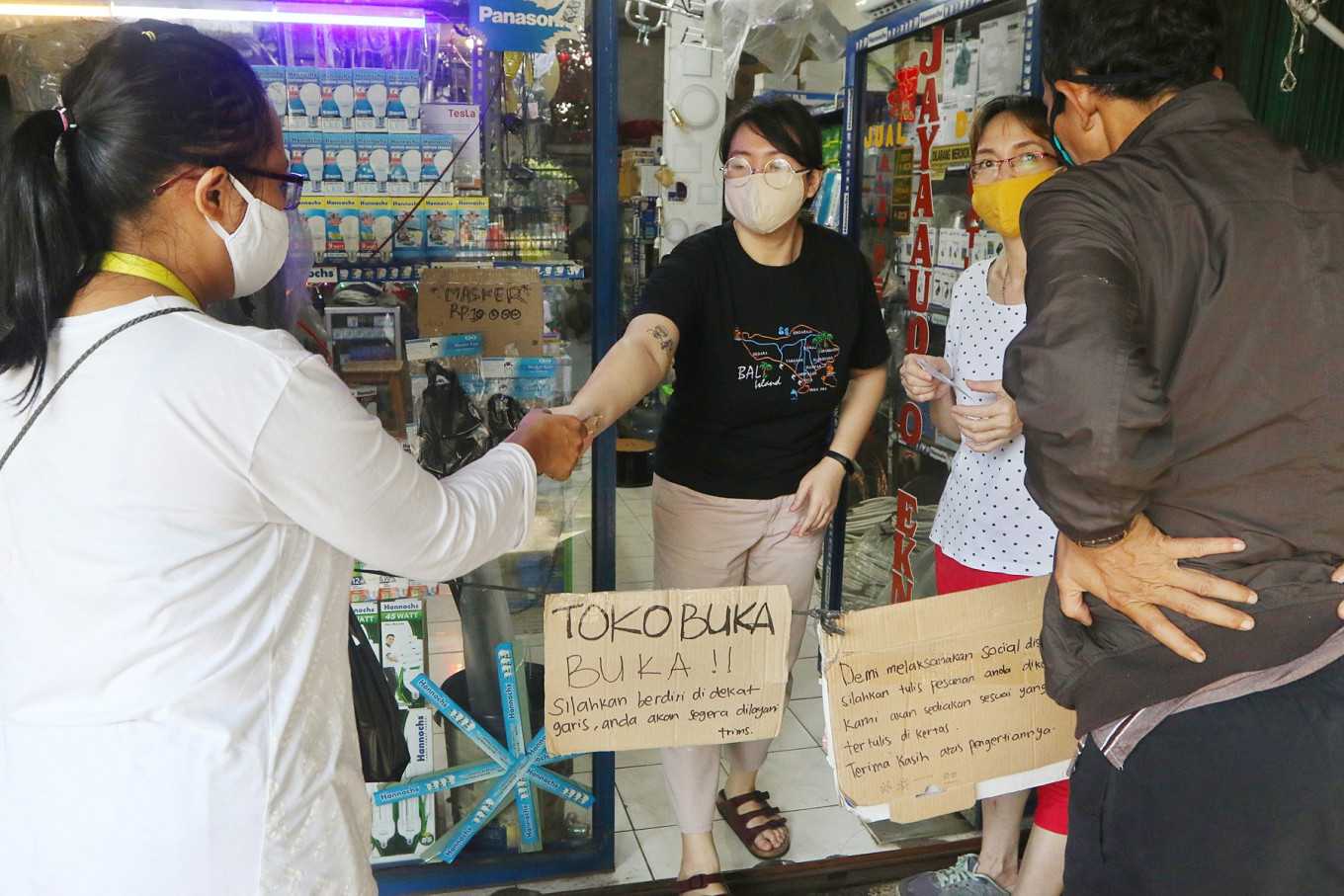Consumer confidence reaches historic lows amid layoffs
13 June, 2020

Indonesian consumers grew deeply pessimistic in May as pandemic-related layoffs eroded people’s confidence in the economy, a Bank Indonesia (BI) survey has shown.
Indonesia’s customer confidence index (IKK) features dropped to its lowest level on practically 15 years, weighed down by unfavorable perceptions of the existing economic condition and a dearth of careers, in line with the survey.
The index fell to 77.8 in May, falling further from 84.8 in the last month, indicating client pessimism about the domestic economy’s potential customers. An IKK value above 100 reflects standard hopefulness, while a value below 100 signifies pessimism.
“Consumer optimism about job availability dropped as corporations laid off their employees amid the COVID-19 pandemic,” the central lender stated in the report, which was released on Friday.
By May 27, a lot more than 1.79 million persons had shed their jobs as many nonessential businesses turn off to comply with government restrictions, according to info from the Manpower Ministry.
The reduced consumer confidence may signal that consumer spending, which normally makes up about more than half of the country’s GDP, will contract this season. Consumer spending grew by simply 2.84 percent year-on-year (yoy) in the first quarter, a long way off from 5.01 percent growth recorded in the same period this past year.
Meanwhile, the country’s economy grew by only 2.97 percent in the primary quarter, the weakest since 2001, due to cooling household spending and investment during the pandemic.
“For the next half a year, however, consumers stay upbeat about economical conditions supported by the chance of job availability and higher income as the COVID-19 pandemic subsides,” the report reads.
To aid the country’s economic recovery, the federal government will widen the budget deficit to 6.34 percent of GDP this season to cover a stimulus package of Rp 677.2 trillion (US$47.7 billion) targeted at jump-starting economic recovery.
This month, the government has steadily reopened the economy in a bid to reduce job losses and boost monetary activity, but observers start to see the move as risky, and the number of new cases has continued to soar over the past few days.
The federal government confirmed 1,111 brand-new COVID-19 cases on Friday, bringing the federal government tally of confirmed cases to 36,406 nationwide.
“The study paints a bleak picture as consumers have yet to see a robust monetary recovery,” Lender Central Asia (BCA) chief economist David Sumual told The Jakarta Content. “The impact of government and BI plans will be tiny if buyers remain pessimistic.”
David said a recovery of consumer confidence would rely upon the trajectory of medical crisis, adding that spending patterns would not return to regular if the virus threat still loomed.
“We expect home spending to decline this season, but the severity of the shock will be based upon if the government’s decision to reopen the market is effective,” David said. He anticipated household spending to shrink between 1 and 6 percent in 2020.
Indonesia’s economy is likely to grow 1.8 percent this season if reopening the economy does not trigger another wave of the virus. It may contract 2 percent beneath the worst-case scenario.
Recently, the business for Economic Cooperation and Development (OECD) predicted that Indonesia’s market would shrink simply by 3.9 percent if it had been hit by another wave of COVID-19.
“If the labor industry rebound is weaker and slower than expected, higher unemployment might weigh on domestic demand and delay the recovery,” the OECD report reading.
Middle of Reform on Economics (Core) Indonesia study director Piter Abdullah said the reduced consumer confidence was due to weakening purchasing power.
"The government should first reassure public that the COVID-19 outbreak will be within the near-term," Piter told the Post. "Furthermore, it must make certain that the monetary stimulus will succeed at accelerating economic recovery."
Source: www.thejakartapost.com
TAG(s):
